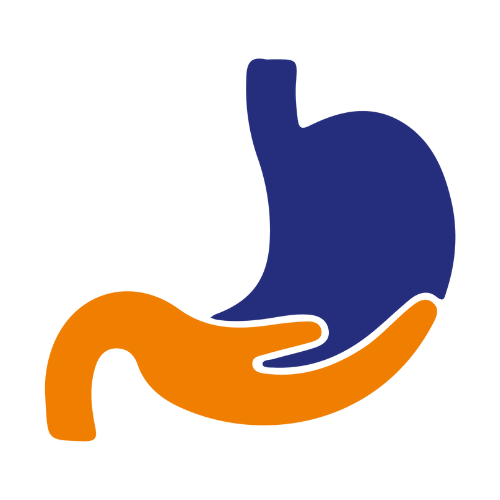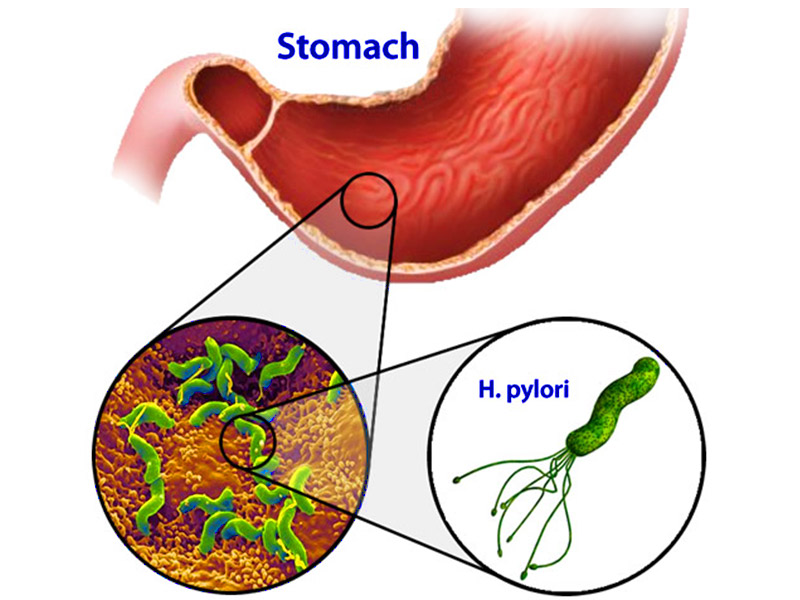H.pylori Infection
H. Pylori is a spiral shaped bacteria that develops in the digestive tract. Nearly sixty percent of the people across the globe have this infection in their gut. Although H.Pylori infections are generally harmless, they can lead to serious medical conditions.
What are the Symptoms?
In most cases, there will be no signs & symptoms. But if a patient does have symptoms, they could be all or some of the following:
- Burning Sensation
- Abdominal Pain
- Nausea
- Loss of Appetite
- Belching
- Bloating
- Unintentional weight loss
What are the Causes?
H. Pylori bacteria can spread from one person to another through direct contact with saliva, vomit or fecal matter. It may also be passed on through contaminated water or food. This bacterial infection is often contracted in childhood.
How is it Diagnosed?
Blood Tests: A blood sample reveals an active or previous H.pylori infection in your body
Breath Test: A breath test is more accurate than blood test in detecting active H. pylori infections
Stool Test: A stool antigen test identifies foreign proxies associated with H pylori bacteria in the stool
Upper Endoscopy may also be recommended to detect the presence of h.pylori bacteria
What are the Risk Factor?
Some of the risk factors include the following:
- A person is at a greater risk of H.pylori infection if he or lives in crowded conditions
- Chances of acquiring H.pylori infection are greater if a person is living without a reliable supply of clean water
- Living with an individual who has H.pylori infection increases one’s chances of getting infected with the same.
Some of the complications associated with H.pylori are:
- Ulcers: H. pylori bacteria damage the protective lining of the stomach & small intestine which can lead to an ulcer
- Inflammation of the gastric lining also known as gastritis
- H. pylori can also be a risk factor for certain types of digestive cancers
How is it Treated?
- Antibiotics are the most common method of treating H.pylori infection. Generally two or more antibiotics are recommended at once so as to prevent the bacteria from gaining resistance to one particular antibiotic.
- Other medications include Proton pump inhibitors & H2 blockers. Doctors will recommend you to go for stool or breath tests again four weeks after finishing the treatment to check whether the treatment worked.
- There is no scientific evidence to confirm the role of nutrition in causing or preventing acid peptic disease resulting from H.pylori infections. However, it is best to avoid smoking, alcohol & spicy foods to avoid worsening the ulcer.

